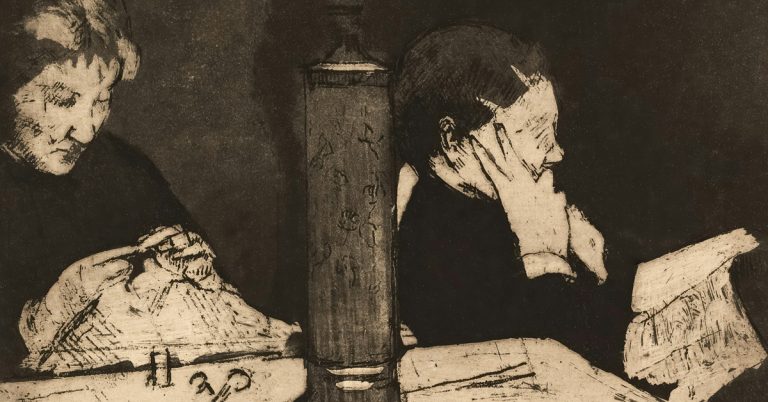
By Chris Grieves, Journals Development Editor
Here at Edinburgh University Press, we’re testing out a new way of bringing together and presenting journal articles: the cross-journal special feature. We’re very excited about it, but you’re probably wondering ‘what is a cross-journal special feature?’
Well, it’s a lot like a special issue – compiling content on a specific topic either by commissioning articles or launching a call for papers. The main difference is that rather than being confined to a single journal, it spans multiple titles. Articles are published in regular issues of the journals involved in the project and brought together in a single place online to form a comprehensive, in-depth, interdisciplinary look at a topic. This is similar to how our Virtual Issues work – the difference being that all of the articles in the cross-journal special feature will be brand new, rather than taken from back issues of journals.
It’s going to be an exciting venture for us here at the Press, but how does it actually work? First of all, we have to get a team of Guest Editors. It’s important that they have broad enough areas of expertise to allow them to assess content across all of the journals involved in the project. They oversee the project, handle the peer review and ensure that the articles will come together to provide a well-rounded and thorough exploration of the topic.
Once we have the Guest Editors in place, the team need to start looking for authors. At this stage, we’ll send out a Call for Papers through EUP channels and via all of the individual journals involved. Anyone who would like to submit a paper for consideration in the special should send an expression of interest to the journal that they feel best fits their work. This gives some information about the article they’d like to write and why it would be a good paper to include in the special feature. Most of these will probably end up being very similar to an abstract and they should be around 300 words long.
The regular Editors of the journal will then check each expression of interest as it comes in and make sure that it fits the journal’s aims and scope. If they’re happy that it does, they’ll pass it along to the Guest Editorial team. After the submission deadline, the Guest Editors will get together to discuss all of the expressions of interest that they’ve received and decide which authors they’d like to invite to submit a full article. For the papers that aren’t selected for the cross-journal special feature, the journal editors will have the option to invite the authors to submit a paper for a regular issue.
After that, the process is much the same as it would be for a normal article: the authors will have a few months to write their manuscript, it will be peer reviewed, revised (and potentially reviewed again) and a decision will eventually be made on whether or not to publish the final version. As soon as it’s published in an issue of the journal, it will also be added to the cross-journal special feature webpage.
So, what are the benefits of a cross-journal special feature? The key benefit of the format is to make work in other disciplines more accessible. As an author, it means that your work will be seen by people outside of the communities of journals that you regularly publish in. So, for example, if your philosophy article could be useful to historians, it’s more likely that historians (and specifically historians working in that area) will come across it.
As a reader, we hope that cross-journal special features will introduce you to journals you may not have read before. These could be journals in other disciplines or interdisciplinary journals that you perhaps had not realised published in your area. These projects will also, hopefully, allow you to draw a broader range of research into your own work.
Our first cross-journal special feature will be on Race and Racism in Scotland. Articles will be published across eight journals from our Scottish Studies list. Find out more about the call and how to submit your expression of interest.





